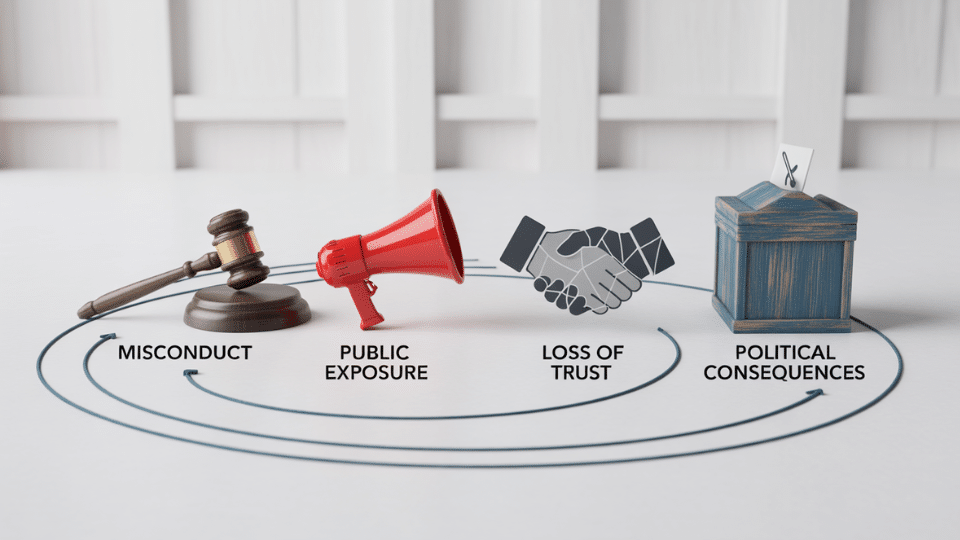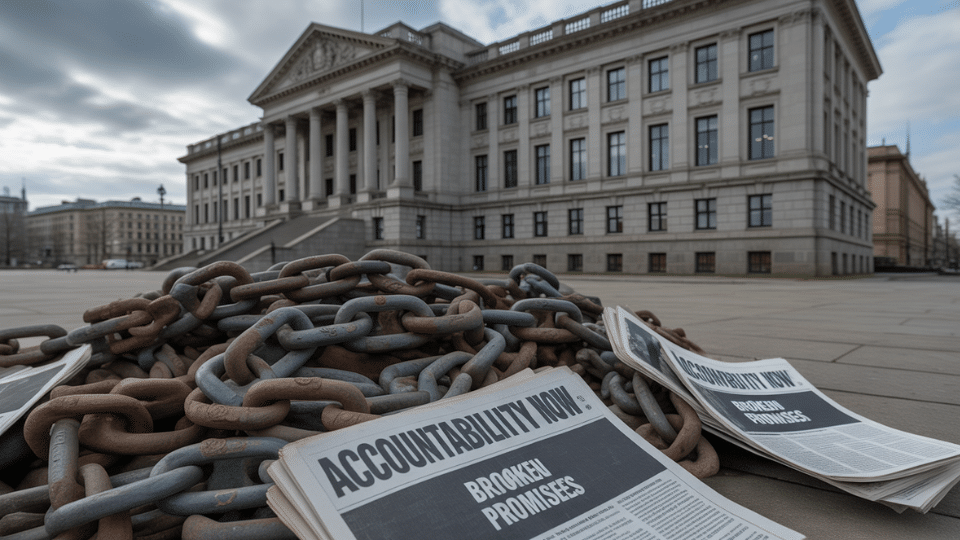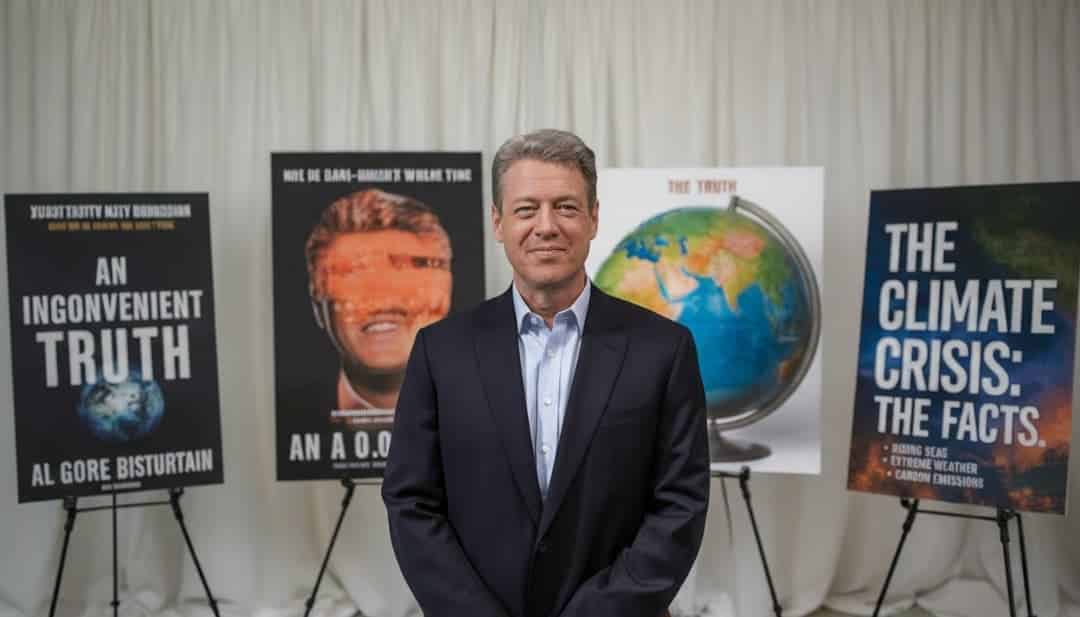Have you noticed the word “Political Scandal” but are not sure about its right meaning?
Well, the answer lies in the blog. These events expose misconduct, corruption, or abuse of power and almost always shake public trust.
From financial fraud to personal misconduct, scandals raise questions about integrity and accountability in government.
But what exactly is a political scandal, and why do they matter so much in public life?
In this blog, I’ll show you the definition of a political scandal, share examples that shaped history, and explain the impact these controversies have on society and democracy.
Political Scandal: Definition
A political scandal is a situation in which a politician or government institution is found to be involved in wrongdoing, often involving corruption, abuse of power, or unethical behavior.
These scandals become public knowledge through investigations, leaks, or media reporting, and they usually spark outrage because leaders are expected to uphold higher standards.
In short, a political scandal is not just about mistakes; it’s about broken trust between leaders and citizens.
Common Features of Political Scandals

While scandals differ in detail, they often share some common traits:
- Misconduct or abuse of power: actions that break laws or ethical standards.
- Public exposure: wrongdoing becomes widely known, often through media coverage.
- Loss of trust: citizens begin questioning leadership and institutions.
- Political consequences include leaders resigning, parties losing elections, or new laws being created.
Examples of Famous Political Scandals
1. Watergate (United States, 1970s)
What Happened: Members of President Richard Nixon’s campaign were caught breaking into the Democratic National Committee headquarters. Investigations revealed cover-ups, wiretapping, and obstruction of justice.
Impact: Nixon resigned in 1974, making Watergate one of the most famous political scandals in history. It led to campaign finance reforms and stronger oversight.
2. Panama Papers (Global, 2016)
What Happened: Leaked documents exposed how world leaders and wealthy individuals hid money in offshore accounts.
Impact: The scandal caused political resignations, investigations, and reforms aimed at financial transparency.
3. SNC-Lavalin Affair (Canada, 2019)
What Happened: Prime Minister Justin Trudeau faced allegations of pressuring officials to stop a criminal trial against a large engineering firm.
Impact: The controversy damaged the government’s reputation for ethical leadership and became a key issue in the election.
How Political Scandals Impact Society?
Political scandals don’t just affect the people involved; they influence the entire political system and society.
Effects on Government
- Loss of credibility for officials or institutions.
- Pressure to resign or change leadership.
- Increased calls for reforms and stricter oversight.
Effects on Citizens
- Distrust in political leaders.
- Greater political polarization.
- Declining voter confidence and participation.
Effects on Media
- More investigative journalism.
- Expanded public debate and coverage.
Effects on Democracy
- Though damaging, scandals can also strengthen democracy.
- They push institutions to act, inspire reforms, and remind leaders that no one is above accountability.
In this way, political scandals, while disruptive, often lead to greater transparency and stronger safeguards for the future.
Scandals remind people that leaders are accountable to the public, even if the damage to trust is long-lasting.
Political Scandal vs. Political Controversy
Not all political disagreements are scandals. A controversy may involve heated debates or unpopular decisions, but it doesn’t always involve misconduct.
| Feature | Political Scandal | Political Controversy |
|---|---|---|
| Definition | Wrongdoing that breaks trust | Disagreements or disputes |
| Public Reaction | Outrage, loss of trust | Divided opinions |
| Consequences | Investigations, resignations, trials | Debates, policy changes |
This difference matters because while controversies come and go, scandals leave deeper marks on politics and history.
Political Scandals and Public Opinion
One of the most significant impacts of a scandal is how it alters public opinion.
- Short-term effects: Citizens may lose trust in a leader, party, or government.
- Long-term effects: Repeated scandals can create lasting cynicism about politics itself.
- Varied reactions: Sometimes partisan loyalty softens the damage, while in other cases scandals create major voter swings.
Why Understanding Political Scandals Matters?
Studying scandals helps people see how power can be misused and why transparency matters. It also highlights the importance of accountability in a democracy.
By understanding what makes something a scandal, citizens can better judge the actions of leaders and demand higher standards.
Political scandals may expose flaws, but they also provide opportunities for reform and stronger governance.
Conclusion
Political scandals are more than just news headlines.
They serve as critical moments that test the strength of our democratic systems.
While they expose serious problems in leadership, they also create opportunities for positive change.
By holding leaders accountable, these events push our government towards greater transparency and ethical behavior.
They remind us that no one is above the law and that citizens play a crucial role in maintaining democratic integrity.
What are your thoughts on political scandals?
Share your insights in the comments below and help continue this important conversation about accountability in public life.






































